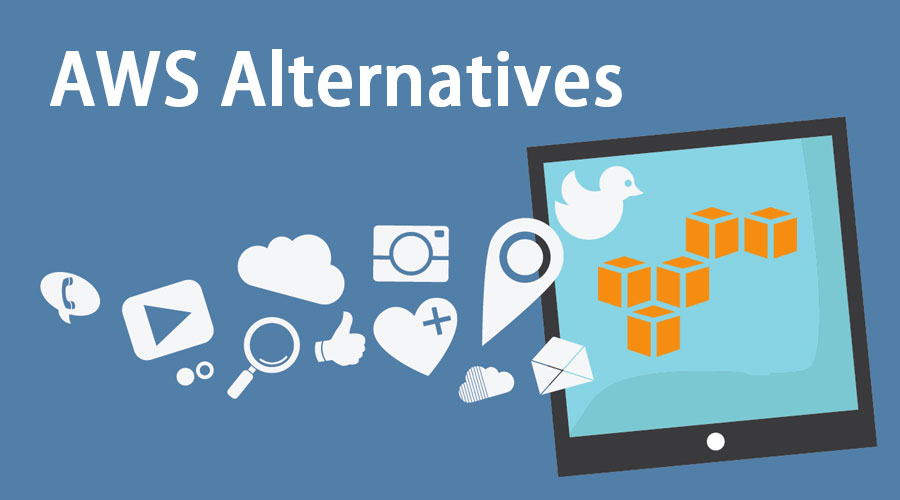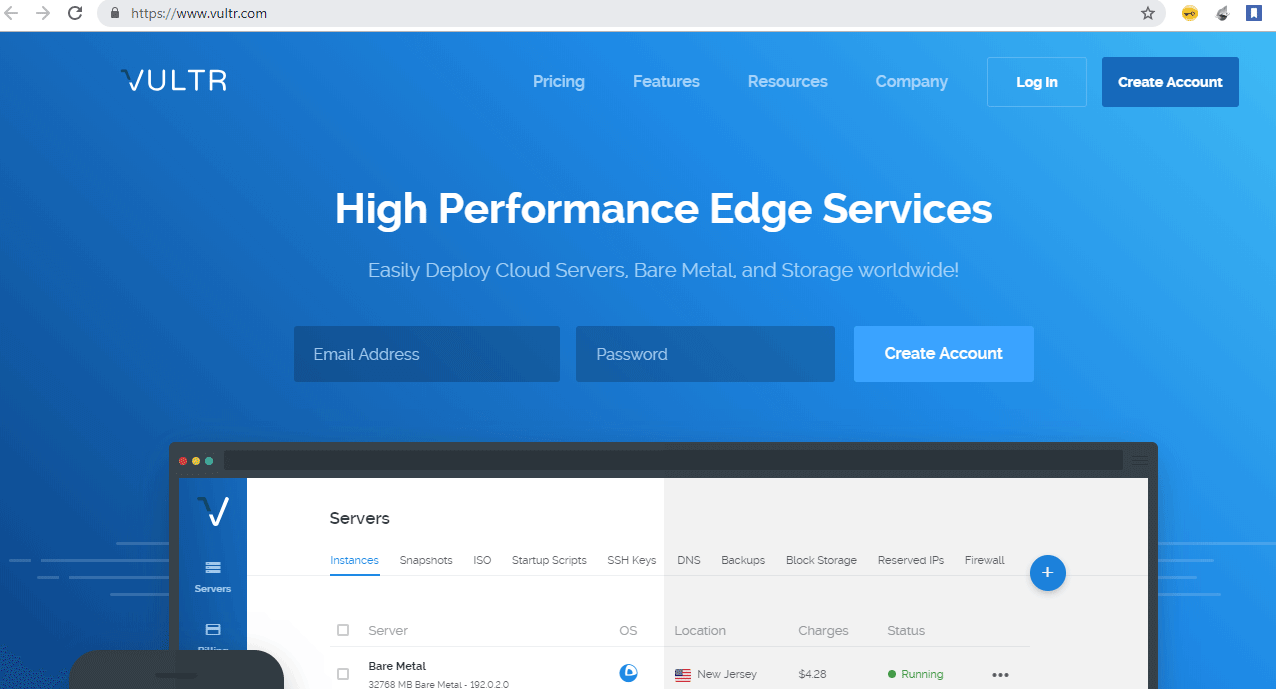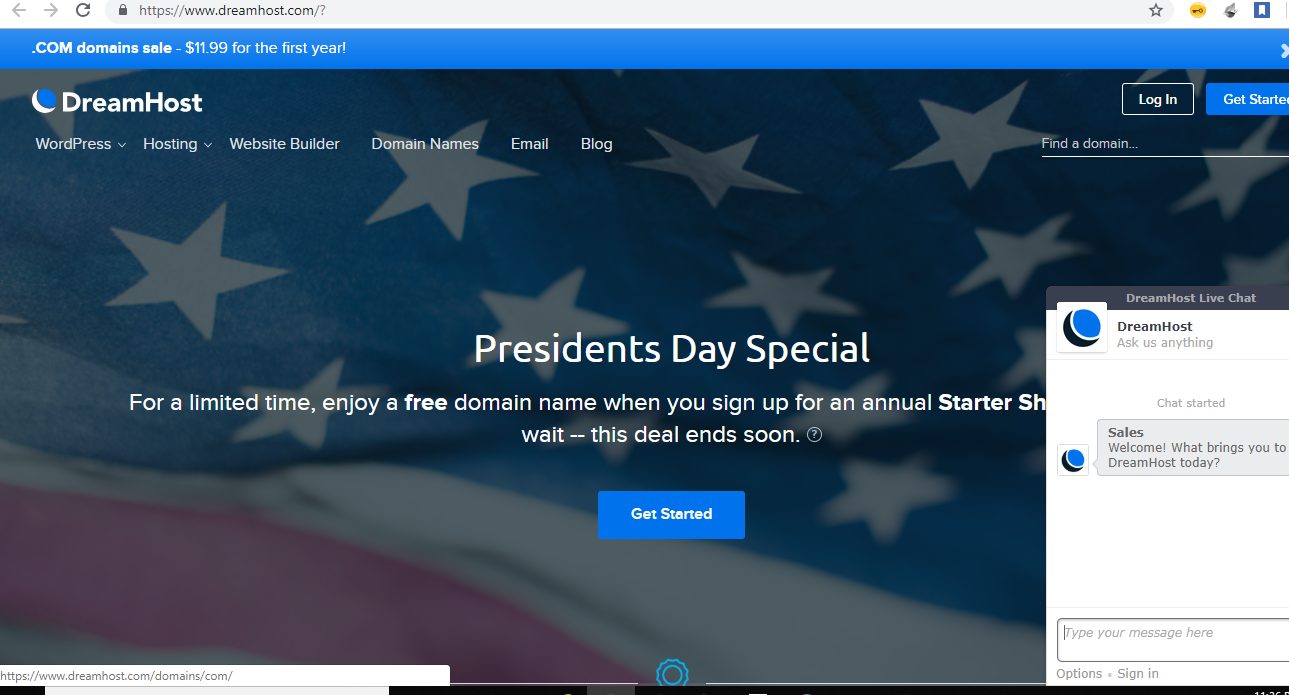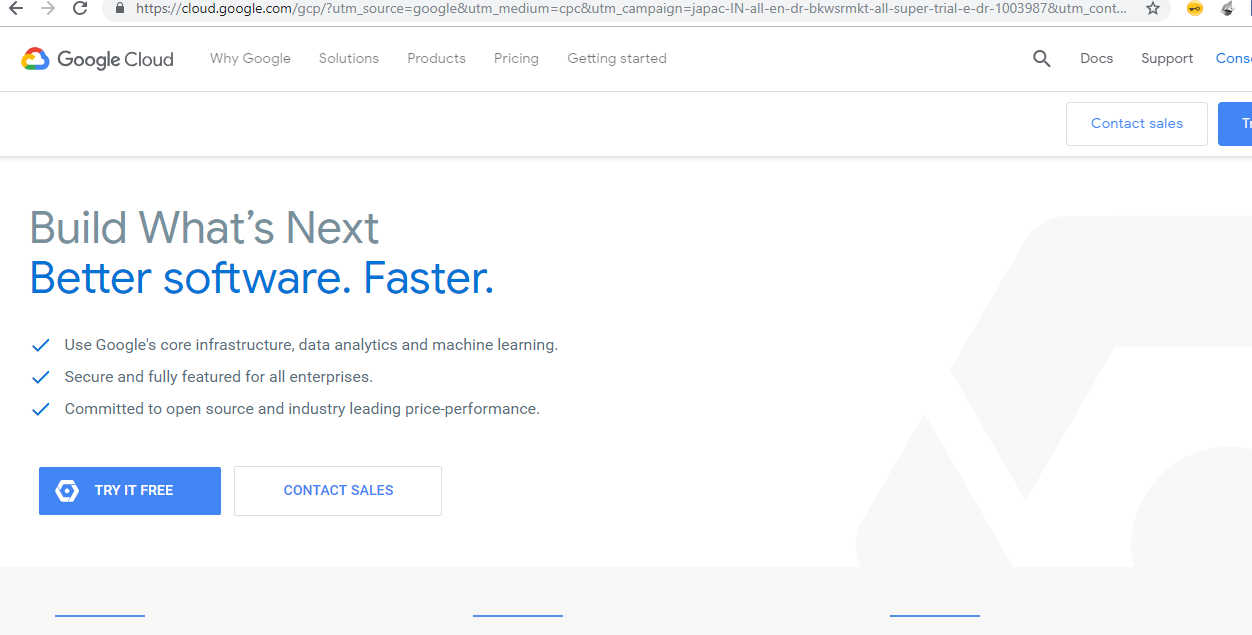Updated May 15, 2023

Introduction to AWS Alternatives
Amazon Web Services (AWS) is a cloud-based platform provided by Amazon to organizations, individuals, and governments. It is a subscription-based service. AWS allows users to access computers from anywhere, providing a virtual environment of computers with almost all and sometimes additional features and capabilities of working with a physical computer. AWS is one of the best and most sought platforms for cloud web hosting services on cutting-edge technology and infrastructure, combined with the latest hardware and high network connectivity speed. Many big organizations usually opt for AWS, as it is one of the leading services in terms of a cloud. However, also many will go for some other AWS alternative platforms, as there are some challenges involved with AWS.
So, let’s look at the cons that come with using AWS:
- AWS is not very easy to manage; someone handling AWS needs to have advanced knowledge about this stuff to maintain the servers on the AWS platform.
- AWS support services are costly, even in their basic plan; they do not provide free email or instant technical support. Therefore, to get technical support, you need to pay a heavy price, which makes it more costly than other platforms in the market.
- The billing system is confusing; it is recommended to go through a reseller to understand the detailed monthly plans better.
Therefore, due to these and other challenges with AWS, some prefer to go for other cloud hosting platforms that will cover these cons in some way or provide a better AWS Alternative.
Different AWS Alternatives
1. Cloud Sigma
Cloud Sigma has a 10GigE networking that offers up to 7Gbps speed between Virtual Machines, an open-source software layer that can run any x86 Operating System with full root access. It is the first company to provide IaaS publicly that offered a cloud ecosystem for media professionals and consumers with free incoming data transfer, which they called Media Cloud Ecosystem.
It also offers the flexibility to pay for the services in several currencies like the Euro, Swiss Francs, British Pound, US Dollar, and many others. By providing affordable services, they also give away some freebies. On 10$ spending monthly, they provide 1GB RAM, 50GB SSD, and a bandwidth of 5TB. In addition, unlike AWS, they provide free email support and 24/7 live chat.
2. Vultr
Vulture provides easy scalability, and because of its 15 data centers, an outage is not a problem. Their hosting packages are simplified, and because of this, they can provide a high usability experience compared to AWS.
The CPU, RAM, memory, and bandwidth are provided in a defined way. They also provide plans that we choose on a monthly or hourly basis. They have introduced Bare Metal solutions without resource sharing, which means they are fully allocated to a specific role. The control panel is intuitive; therefore, one can do things with one click and manage operating systems. They also have free documentation and support forums added with 24/7 email support. With an integrated SSD server, Vultr is a stable cloud provider.
3. DreamHost
DreamHost hosts different hosting services, which it has been providing since 1997. The most eye-catching part of their service is the 97-day money-back guarantee. Its infrastructure is small compared to the massive Amazon Web Services.
But DreamHost provides one of the best value-for-money services you can ask for. The monthly $4.5 offered under its basic service package consists of 80GB SSD storage, free bandwidth, and 1 CPU core. DreamHost’s fully supportive environment with developer-friendly features allows advanced users the flexibility of selecting from Windows or Linux, or BSD operating systems. DreamHost has an edge over other cloud providers in terms of technical support. They have a response time of 24hrs for email support that they provide 24/7, in addition to the live chat, but that is limited to some specific timings. DreamHost is a good choice for folks looking for reliable and cost-effective cloud hosting platforms for small and medium-level applications.
4. DigitalOcean
DigitalOcean is present in 195 countries and serves 1M+ developers, which makes it a reliable cloud hosting platform for AWS Alternatives. It also uses SSD servers for fast reading and writing of data compared to hard drives.

5. A2 Hosting
Present from 2001, A2 Hosting is popular because they provide affordable, fast servers at a reasonable price, which makes them a good AWS alternative competitor.
Plans are always configurable, but they also offer pre-made cloud packages. You can customize a plan with up to 32GB RAM and 12 Core CPUs. What is different about this company is its unique refund policy. You can get a full refund within 30 days of use; after that, it is pro-rated. Support provided is through email and live chats 24/7.
6. Google Cloud
Google has a mountain of data with it, so it is no surprise that we would not find Google in the cloud computing business. Google Cloud provides an SSD-based infrastructure for the cloud, with a reputation to be remembered; Google Cloud makes it a strong contender to AWS.
Businesses prefer it because of its performance excellence and highest uptime. As Google has an extensive data repository and is a big IT company, it needs to maintain good state-of-the-art security. Google has expert security professionals that enforce sturdy security protocols that strengthen their systems. Google does not provide free technical support, but you can get free help during the trial period. The billing system is good, and they give their documentation for free which will be helpful for folks looking for technical support alternatives.
Comparison Table of AWS Alternatives
Following are the top comparisons of AWS Alternatives:
| Features | AWS | Cloud Sigma | Vultr | DreamHost | DigitalOcean | A2 Hosting | Google Cloud |
| Data Centers | 60 Availability Zones within 20 geographic regions around the world | 11 Data Centers | 15 Data Centers | has data centers in Ashburn, Virginia, and Hillsboro, Oregon | 12 Data Centers | Have data centers in Michigan, Arizona, Amsterdam, Singapore | Google has eight data center locations in the U.S., one in South America, four in Europe, and two in Asia |
| Pricing | It has a bit of a complex pricing structure. | Has a $10 monthly plan. | Package starts at $29/month | A plan starts from $4/month | Pricing is simple compared to AWS | Offers full refund policy within 30 days. | Relatively low cost. |
| Support | No Free Support | free 24/7 live chat and email support for
|
24/7 free email support | 24/7 free email support with a response time of 24 hrs. limited live chat support | 24/7 free email support | 24/7/365 customer support on live chat, phone, and emails
|
Free support during the trial period, free documentation |
Recommended Articles
This is a guide to AWS Alternatives. Here we discussed the introduction, AWS alternatives, and comparison table of AWS alternatives. You may also look at the following articles to learn more –





